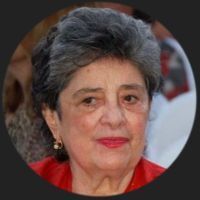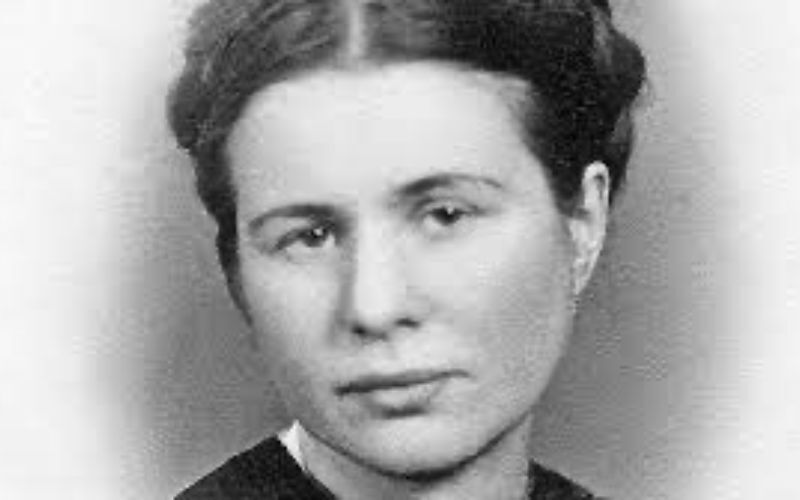Claribel Alegria

One more step
perhaps two or three
a look back
the vertigo
the abyss
and across the threshold
These words from the poem, “Last Threshold” by Claribel Alegría reflect on the grief of separation and death. Alegría has been called the most influential contemporary Latin American poet. She has been an inspiration for followers of non-violent resistance and labeled as part of “la generacion comprometida” (the committed generation), a literary movement whose goal was to aide in the evolution of political justice for the disenfranchised.
"In the middle '70s, lots of people, not only from my country but throughout Latin America, were being murdered or disappeared, including some of my friends," said Alegría. "I felt that I had a niche in my heart for each one of them, and it is because of them I called myself a cemetery. "
Claribel Alegría was born in Nicaragua 1924 and lived her early life in El Salvador. In 1943 she came to the United States and graduated from George Washington University with a degree in Philosophy and Letters.
Through her writings Alegría strove to condemn injustice and oppressive government brutality. She also wrote to urge women to break free from patriarchy.
“Alegría is a stirring presence both in person and in her poetry. Few have been able to re-create so passionately the struggle and resistance of the Central American people and few possess her extraordinary gift for naming the dead. This places her work within the framework of Central American political and social history as well as of history reconstructed from oblivion.” -- Marjorie Agosín, Américas
Alegría has published over forty books including many volumes of poetry, a number of novels and a book of children's stories. Ten of her books of poetry and fiction have been translated into English, including Ashes of Izalco, Luisa in Realityland, Family Album, Fugues, Thresholdsand Sorrowfrom Curbstone Press. She has received several awards in Latin America and Spain, and her book of poetry, Sobrevivo,received a Casa de las Américas Prize. Claribel Alegría and her husband, Darwin J. Flakoll, have collaborated on a number of testimonies including Death of Somoza, Tunnel to Canto Grande, The Sandinista Revolution, and They'll Never Take Me Alive.Their vivid documentation of key dramatic events in Latin American history has earned them international recognition. They also collaborated on the novel Ashes of Izalco, set in El Salvador in 1932, the year of the matanza (massacre). Since Darwin Flakoll died in 1995, Claribel Alegría has continued to reside at their home in Managua.

